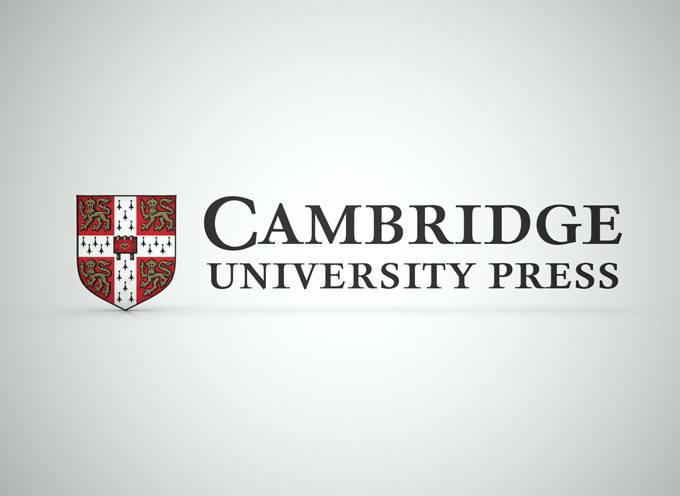
Cambridge Elements will open the way to publication for huge wealth of world-class material
Cambridge University Press has launched a new publishing model to provide an outlet for world-class research and writing that sits outside the traditional formats of book or journal article.
Work of between 50-120 pages will be published digitally and through print-on-demand as ‘Cambridge Elements’ – concise, peer-reviewed guides to key and current topics across all fields of study and research. These will be organised into focused series, edited by leading scholars.
They will combine the speed, flexibility and versatility of digital with the highest academic standards.
Chris Harrison, Publishing Development Director, Humanities and Social Science, said: ‘For many years, commercial constraints and the established model of scholarly publishing have prevented publication of a huge variety of work that could not be accommodated within the existing books and journal formats because it was too long for a journal article and too short for a book.
‘The rise of digital publishing and print on demand removes these barriers, promising a way to publish a wealth of material from this previously untapped resource. Cambridge Elements provide an outlet for concise, authoritative, and peer-reviewed research across academic disciplines, which we think combines the best features of books and journals.’
He added: ‘We have had an exceptionally enthusiastic response to the possibilities we offer with this format and are delighted to be able to launch Cambridge Elements with content spanning the full range of the Arts and Sciences – everything from cutting edge electronic engineering, through using Twitter as data, to the problem of evil in the Old Testament, all published in focused series edited by top scholars from the world’s leading research universities.’
Cambridge Elements will be published in just 12 weeks and be made available as digital collections to institutional libraries and to individuals as e-books and in print. They can also be regularly updated to provide a dynamic reference resource for graduate students, researchers, and practitioners.
There will also be Open Access options, in line with the Press’s commitment to help build a sustainable, responsible transition to a more open future for academic publishing.
Phil Meyler, Publishing Development Director, Science, Technology and Medicine, is another member of the Elements team. He said: ‘The way people want to write and consume information is changing. Many authors and researchers want to publish work that sits outside of the traditional formats of either book or journal article and there has been real frustration that there is nowhere for that material to go.
‘In a digital environment, that binary choice between scholarly content produced in short form journal articles or in long form monographs of 80,000 words and more seems artificial. Publishing each title within a specific series, edited by senior figures in the discipline, enables Cambridge Elements to provide both a focussed exploration of a topic and the wider, ongoing development of the subject.’
He added: ‘We wanted to bring the Cambridge approach to this – to marry the rigour and excellence of our publishing to the new world and finally deliver on the potential of digital to change the look and reach of academic publishing. This is a clear response to a market need and an opportunity to get these ideas across for the first time – it’s hugely exciting.’



























